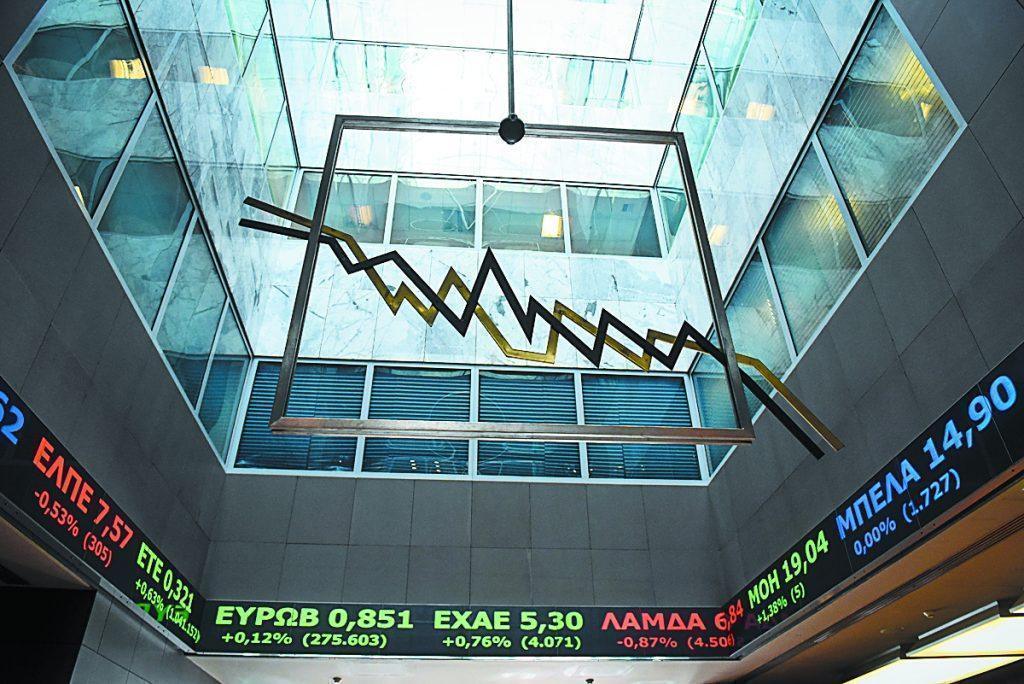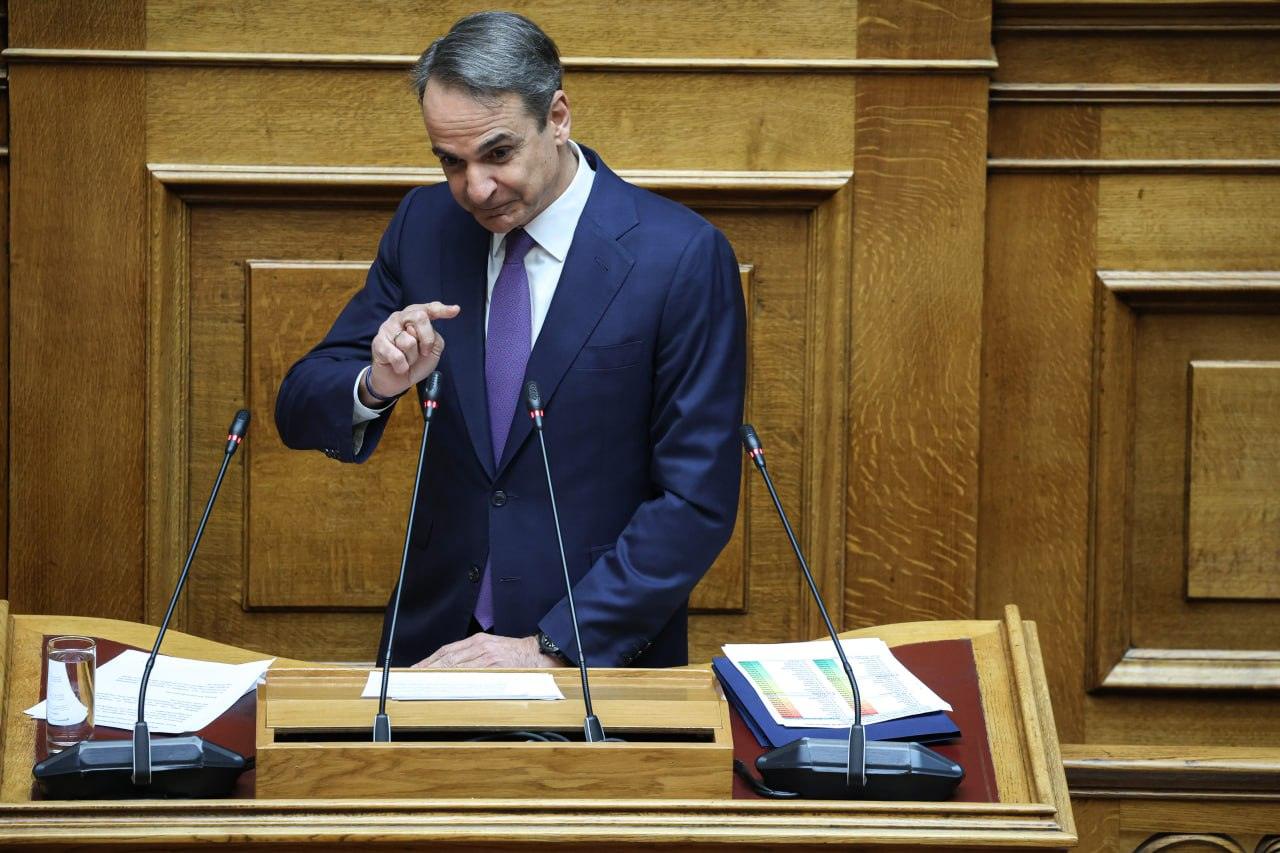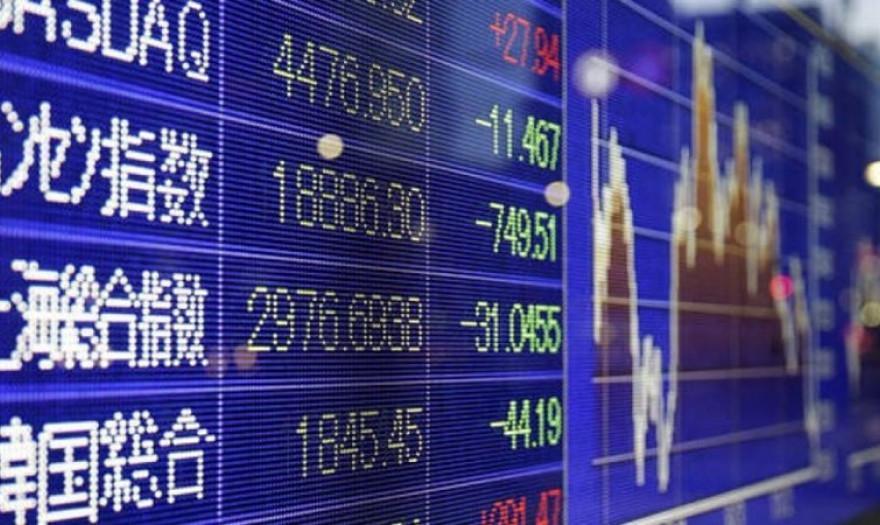Fifteen years ago, Greece stood at the edge of an economic abyss. Shut out of international markets, with empty coffers and soaring deficits, it became the epicenter of a financial earthquake that rocked Europe. The term “Greek-style crisis” became shorthand for fiscal collapse, reckless spending, and painful austerity.
But in a dramatic reversal of fortunes, that same Greece is now being held up as a case study in recovery and resilience. As storm clouds gather over major global economies, from France to Germany and the United States, Greece — once the cautionary tale — is being cited as a surprising example of stability and discipline.
A Global Downturn Looms
The international economic outlook is increasingly fraught. France teeters on the brink of a fiscal crisis. Germany, long the bastion of budgetary prudence, is quietly loosening the reins. And in the United States, political turbulence and mounting debt are putting persistent pressure on the dollar.
Amid this turbulence, global investors are retreating to the relative safety of emerging market bonds — including, remarkably, Greek debt. A decade ago, this would have been unthinkable.
France: A Crisis in the Making
President Emmanuel Macron faces no shortage of challenges — political fragmentation, social unrest, and now, looming financial peril. The French Court of Audit has issued a stark warning: the country must cut €105 billion in spending by 2029 to avoid a crisis “of Greek proportions.”
France’s deficit stood at 5.8% of GDP in 2024, with the government scrambling to reduce it to 5.4% this year, and 4.6% by 2026. The long-term goal? A return to fiscal surpluses by 2029 — a timeline so distant, some economists are skeptical it can be met.
The IMF, now praising Greece for running significant primary surpluses, recommends the same bitter pill for France: sustained fiscal adjustment, additional measures, and annual austerity worth 1.1% of GDP in 2026 and 0.9% for the rest of the decade. French Prime Minister François Bayrou has acknowledged the urgency, warning that if spending isn’t curbed soon, the crisis may become irreversible.
But even well-designed fiscal tools may fall short if France is hit by further internal political upheaval — or another global geopolitical shock.
Germany: The Guardians of Austerity Waver
Germany isn’t in a debt crisis — far from it. Its public debt remains modest at around 62% of GDP. Yet, the tone in Berlin is changing.
Debates in the Bundestag are beginning to sound eerily familiar to Greek ears. A growing rift has emerged between fiscal hardliners and those advocating a softer approach to reignite growth. The famed doctrine of “fiscal Protestantism”, championed by former finance minister Wolfgang Schäuble, is showing cracks.
Facing economic stagnation and growing defense obligations, Germany has begun to sidestep its constitutional “debt brake” (Schuldenbremse) by creating special funds and exempting defense spending that exceeds 1% of GDP.
Will this policy shift pay off? Skepticism remains high, even within Germany’s own economic elite.
The Dollar’s Decline and Currency Volatility
In global currency markets, the once-unchallenged king — the US dollar — appears increasingly vulnerable. Since Donald Trump’s return to the presidency, policy unpredictability and international tensions have shaken investor confidence.
The dollar is trading near a three-year low, battered by rising national debt, volatile trade policies (including tariffs), and expectations that the Federal Reserve will cut interest rates.
While a weaker dollar may ease borrowing costs in developing markets, it also raises import prices and complicates national budgets worldwide. The global economy is entering uncharted waters, with no clear replacement for the dollar’s dominance in sight.
Can Greece Stay Afloat Amid Global Instability?
Which brings us back to Greece. With powerful economies faltering, can Greece maintain its hard-won momentum?
There are reasons for both optimism and caution. On the positive side, Greece has been praised for its fiscal turnaround and has regained the trust of markets and institutions once deeply skeptical. But risks remain.
France’s shift toward tighter budgets, for example, could reignite calls for eurozone-wide fiscal discipline — potentially curbing Greece’s own room to maneuver. Already, Bank of Greece Governor Yannis Stournaras has issued a caution: trade tensions, inflation, and American tariffs could delay monetary normalization and hurt Greek exports — from olives and feta to industrial goods — as well as investor confidence.
The Fragile Foundations Beneath the Recovery
Greece’s resilience will ultimately depend on its ability to fix deep structural problems. Chief among them: a persistent current account deficit, high public debt, market inefficiencies, and widening social inequality.
There’s also a looming geopolitical wildcard: Greece’s heavy reliance on tourism and services makes it vulnerable to external shocks — from conflicts in the Eastern Mediterranean to global energy disruptions.
Moreover, while reports from international bodies are largely positive, they all point to a critical weakness: Greece’s painfully slow pace on structural reforms. Without real progress in modernizing its economy and state institutions, the country may find itself exposed when the next global crisis hits.








































